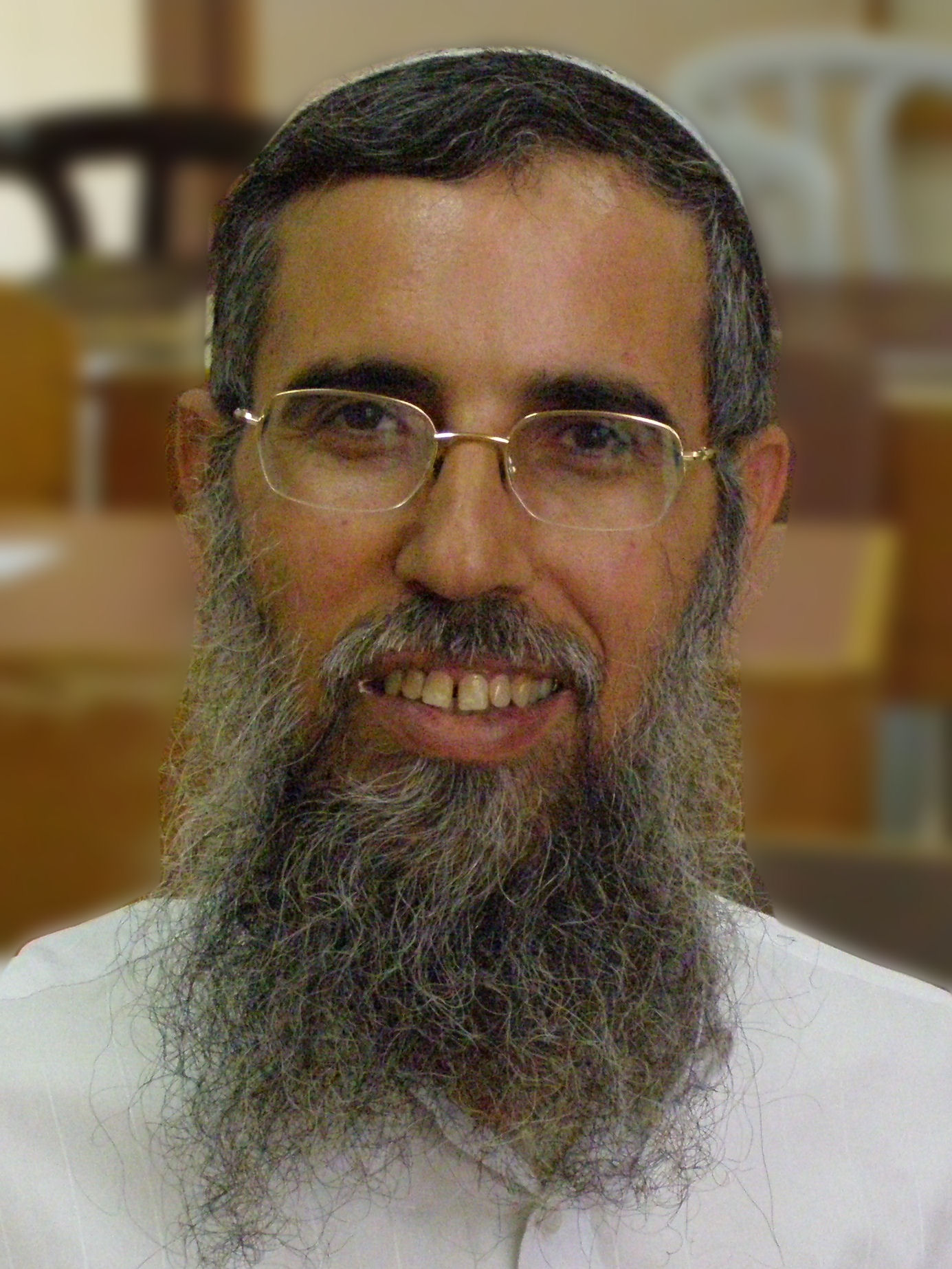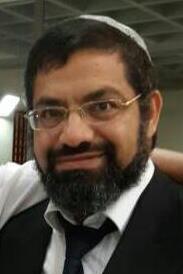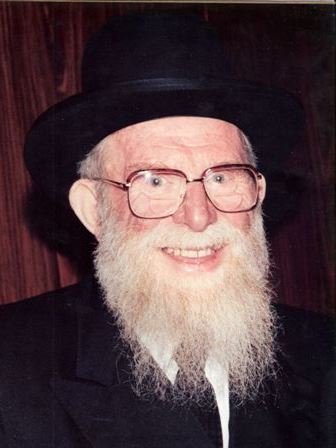יום כיפור תשפ"ה
הרב צבי דוידסון
Exactly 100 years ago during the aseres yemei teshuva of תרפ"ה, Rav Yerucham Levovitz, the famed Mashgiach of Mir asked his talmidim a question.
Why was the teshuva of Shaul rejected, causing him to lose his dynasty, whereas the teshuva of Dovid was accepted and his dynasty continues עד ביאת המשיח?
A major component of teshuva is attribution. We tend to attribute success to ourselves and failure to external factors.
When things go well, we attribute it to ourselves (I studied really hard for the test, I knew the material cold).
And when things don't go well we attribute it to external factors, even if it's actually because of us (the questions in that test didn't correspond to the material we were told to learn, it was totally unfair)
Shmuel gave Shaul the opportunity to repent. "What's the sound of the sheep that I hear?"
This was intended to be Shaul's cue to confess and repent.
Instead he placed the blame on others "the people had mercy on the best of the sheep"
It wasn't him, it was the people.
Shmuel then gives him another chance "Why didn't you listen to the voice of Hashem?"
Yet again, Shaul misses the cue "it was the people who took from the booty".
Contrast this with David Hamelech, Natan hanavi accuses him of sinning and he immediately responds חטאתי.
Rav Yerucham coins the term כח התשובה as the inner source within us from where the eventual change takes place.
The fact a person sinned doesn't mean he's lost, there's always an open door for teshuva.
But when a person loses that inner sensitivity and justifies his actions by placing the blame on others, then he is lost and Rav Yerucham writes that's worse than the sin itself.
The key therefore in teshuva, is taking responsibility, developing the sensitivity to attribute what I did wrong to myself and then begin making the change.
Rebbe Avraham, the son of the Gr"a, comments on the seeming double language of החזירינו בתשובה שלמה
Both of the words החזירינו and תשובה mean to return.
It's true, there really are two stages in returning to Hashem.
There is of course, the מעשה תשובה, stopping the bad action, feeling regret and resolving not to repeat it in the future.
But, even prior to that is activating the inner כוח התשובה, the inner desire and will to return to Hashem, Dovid had that and the moment he understood he'd sinned, he acknowledged it.
Hashem accepted him back and his rule continues throughout history.
This Yom Kippur, the blame game is over, it's time for each of us to truly acknowledge our own responsibility and with that open the gates of closeness with Hashem.
Gmar chasima tova.
השיעור ניתן בז' תשרי תשפ"ה
קוד השיעור: 9455
סרוק כדי להעלות את השיעור באתר:

לשליחת שאלה או הארה בנוגע לשיעור:

.jpg)





.jpg)
.jpg)
